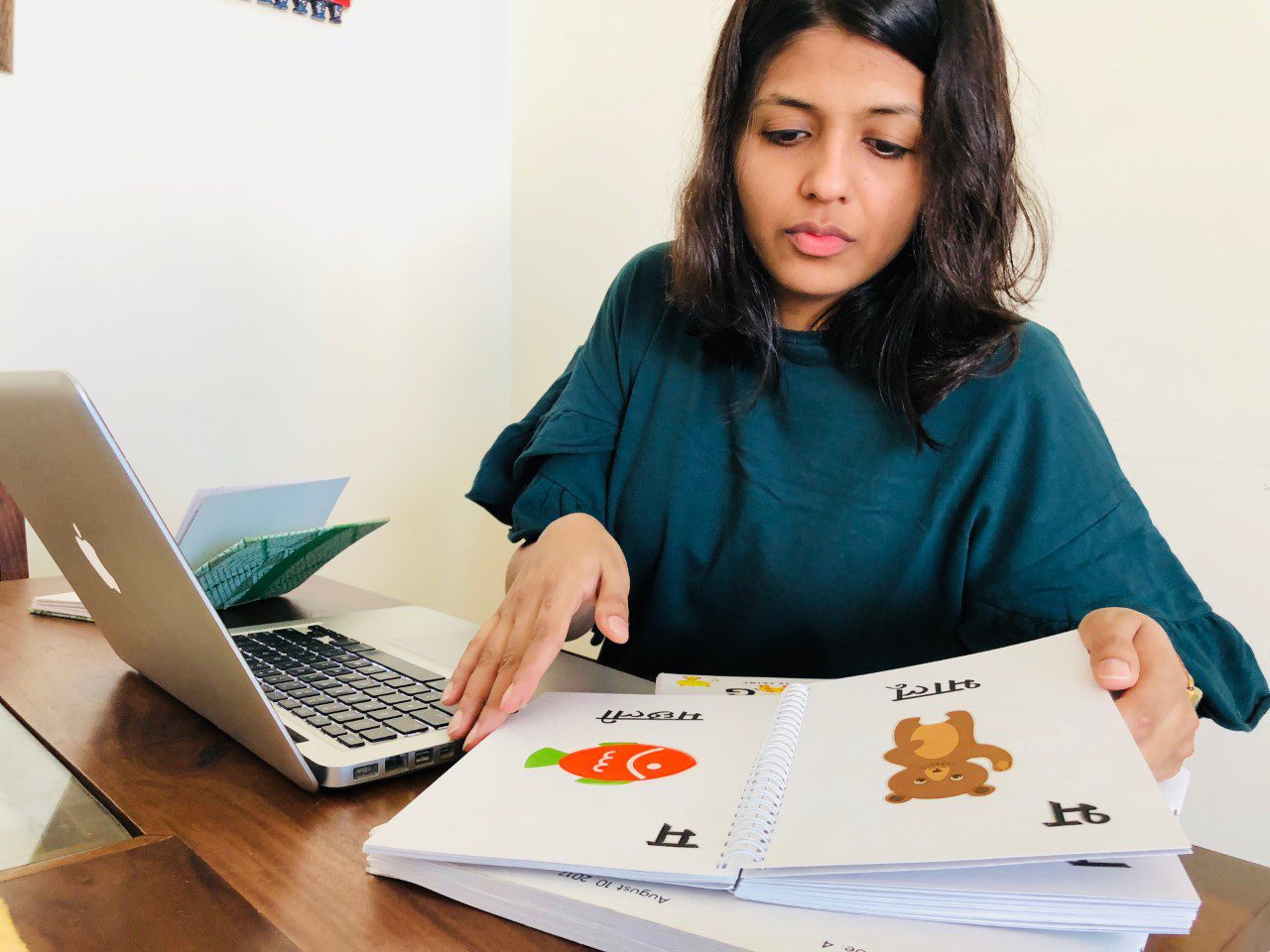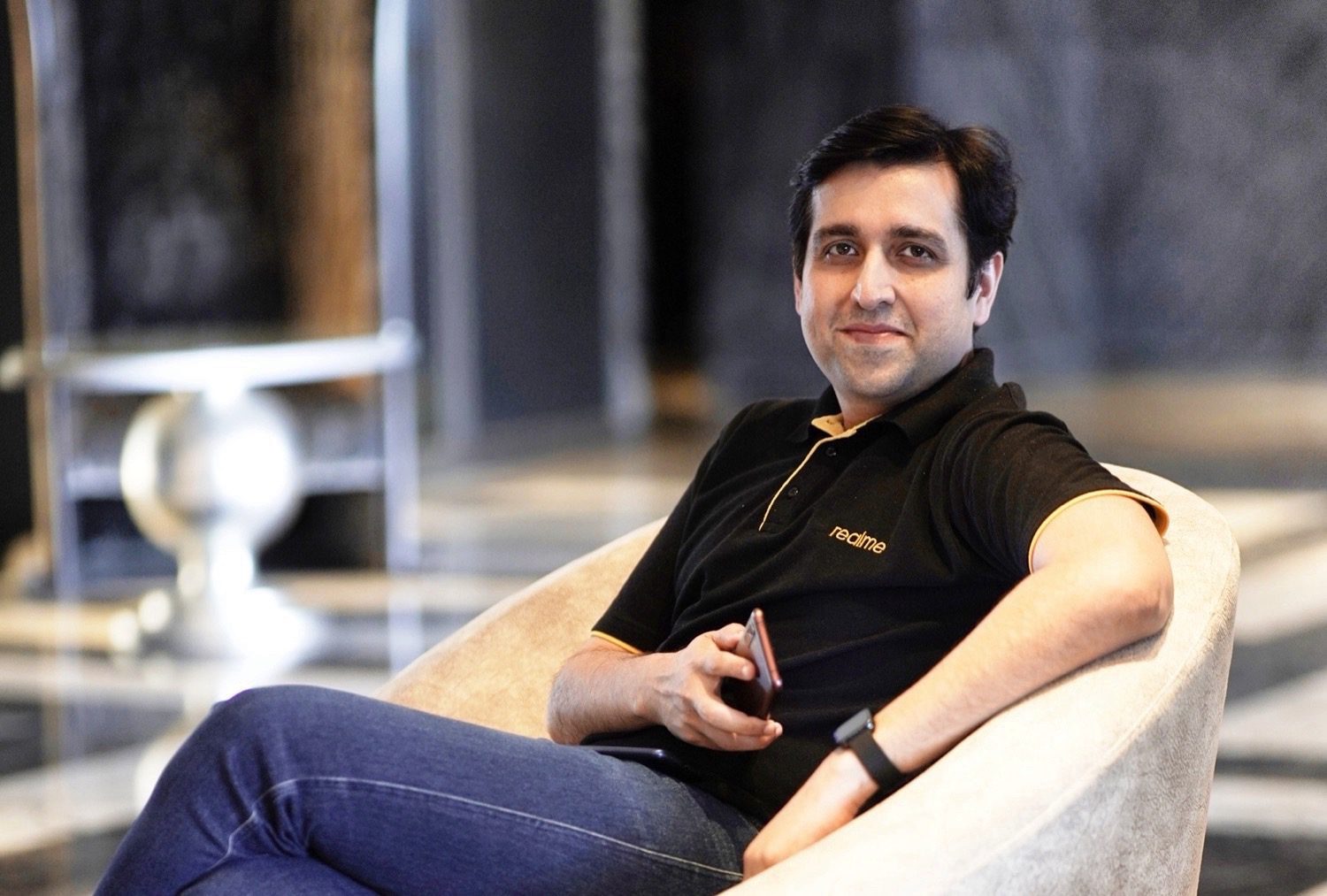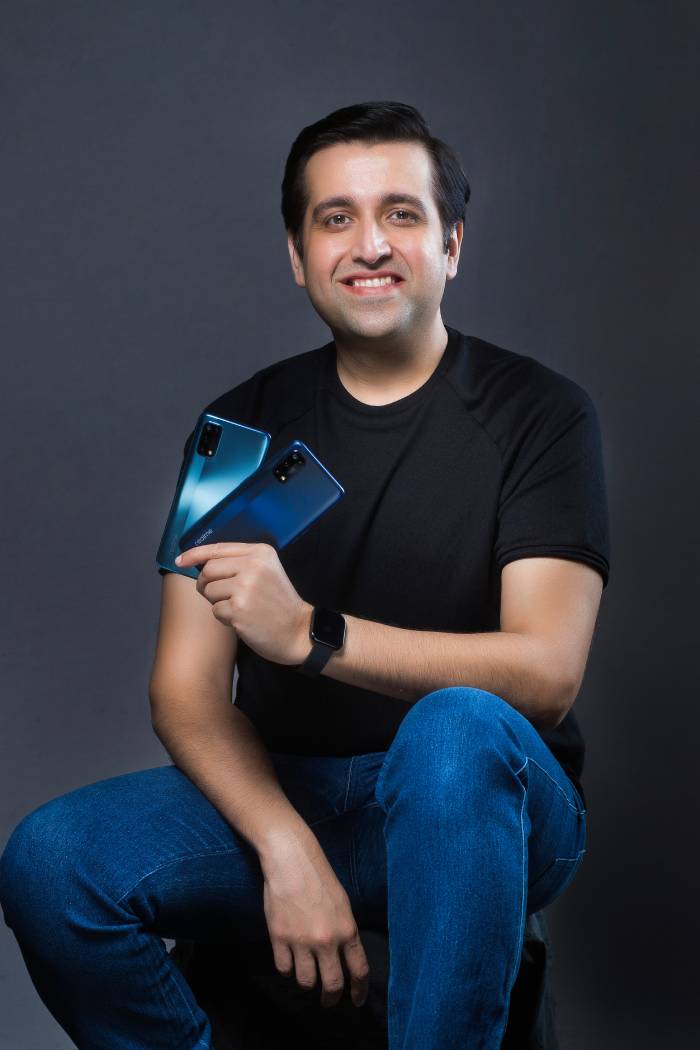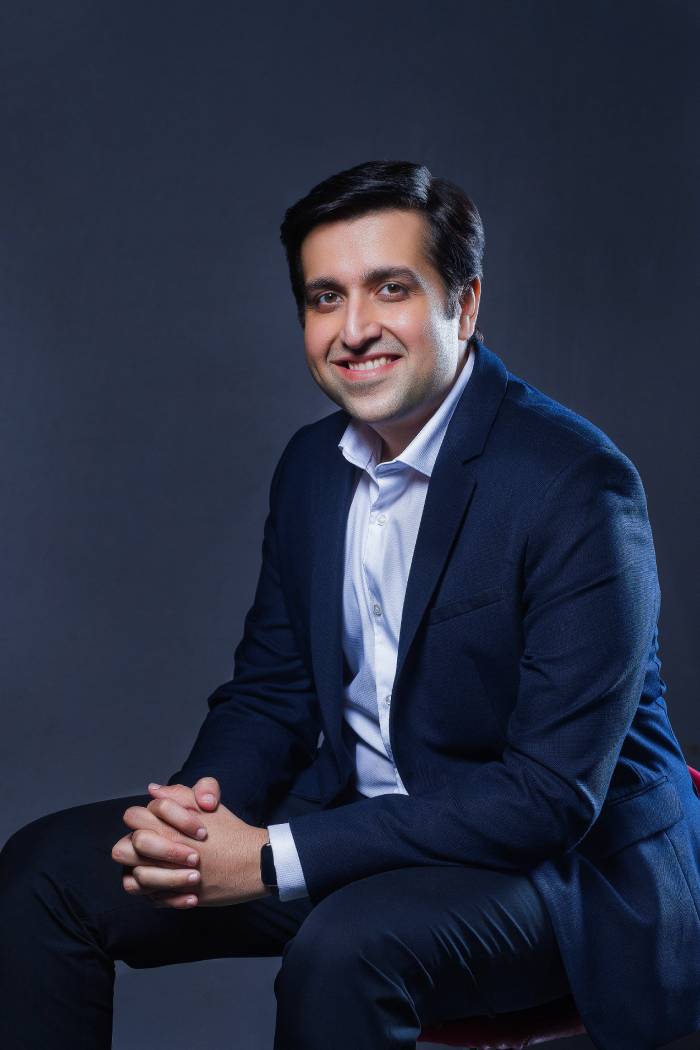(September 12, 2023) Neena Pandey’s infatuation with colours, designs, textures, and silhouettes goes back a long way. Growing up in the enchanting city of Varanasi, she experienced firsthand, how skilled weavers and artisans weaved magic on silks with their age-old techniques. She aspired to become an entrepreneur but her highly successful stints in the Silicon Valley wouldn’t let her go. Until one day, when she changed the trajectory of her life and gave up the corporate world to launch her own fashion brand. “My creations are a tribute to the intricate artistry that defines Indian fashion, combined with the contemporary sensibilities I have embraced abroad,” smiles serial entrepreneur Neena Pandey, speaking to Global Indian. A member of the Forbes Business Council, the US-based Neena Pandey is the founder and CEO of The String Code, a luxury fashion brand. She also founded IndieRoots, a lifestyle brand of products, and is the President of Club Z Tutoring, the fastest-growing franchise in the US. The list of top companies she has worked with in Silicon Valley is really long. “I am all about this cool concept called a portfolio career. It's this approach where you don't put all your eggs in one professional basket. You
l about this cool concept called a portfolio career. It's this approach where you don't put all your eggs in one professional basket. You diversify, dabble in different ventures, and keep that professional life vibrant and the entrepreneur says.
[caption id="attachment_44809" align="aligncenter" width="600"]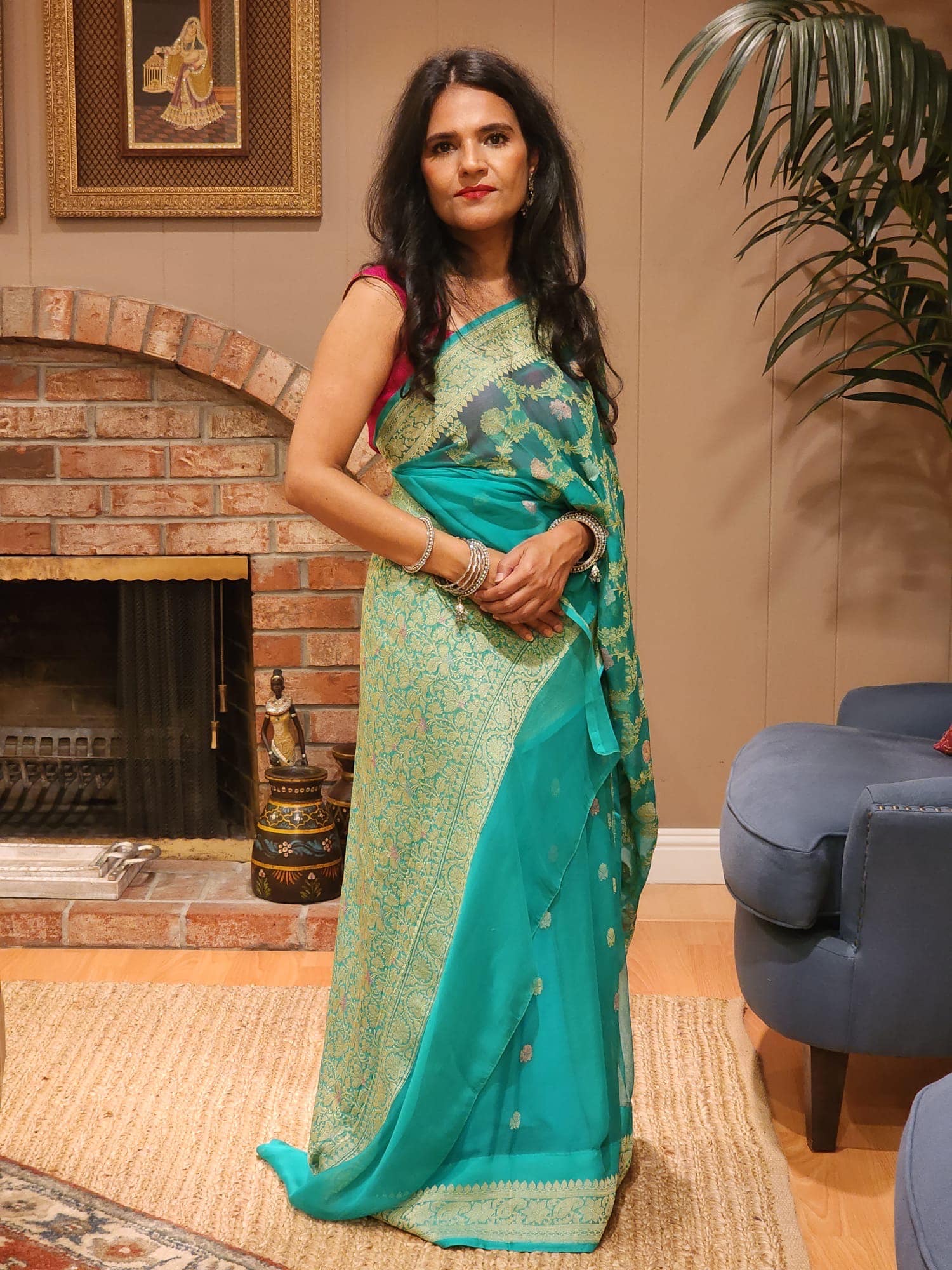 Entrepreneur Neena Pandey[/caption]
Entrepreneur Neena Pandey[/caption]
Clothes have this incredible ability to work wonders for women, she feels. “They can boost confidence, make a lady feel beautiful, spread genuine happiness, and help her truly appreciate herself,” points out Neena, who lives in the San Francisco Bay Area with her husband Sachin, an engineer, and their two children, Aditya and Anya. “I have lost count of instances where I noticed that when I am dressed to impress, I walk into meetings with my head held high and crush my presentations,” says Neena. The entrepreneur describes her fashion brand as a canvas where the colors of her Indian upbringing merge with the strokes of contemporary international influences.
A Varanasi girl
Growing up in a middle-class Indian family in Varanasi, Neena and her two elder sisters were consistently reminded by their parents that being unable to support themselves was not an option. “I grew up with limited resources, and always thought that I would ultimately find myself working for someone else as an adult – a path that I did follow,” recalls Neena, who in her younger days, took on the role of the family's designer, creating clothing for everyone at home.
[caption id="attachment_44817" align="aligncenter" width="683"]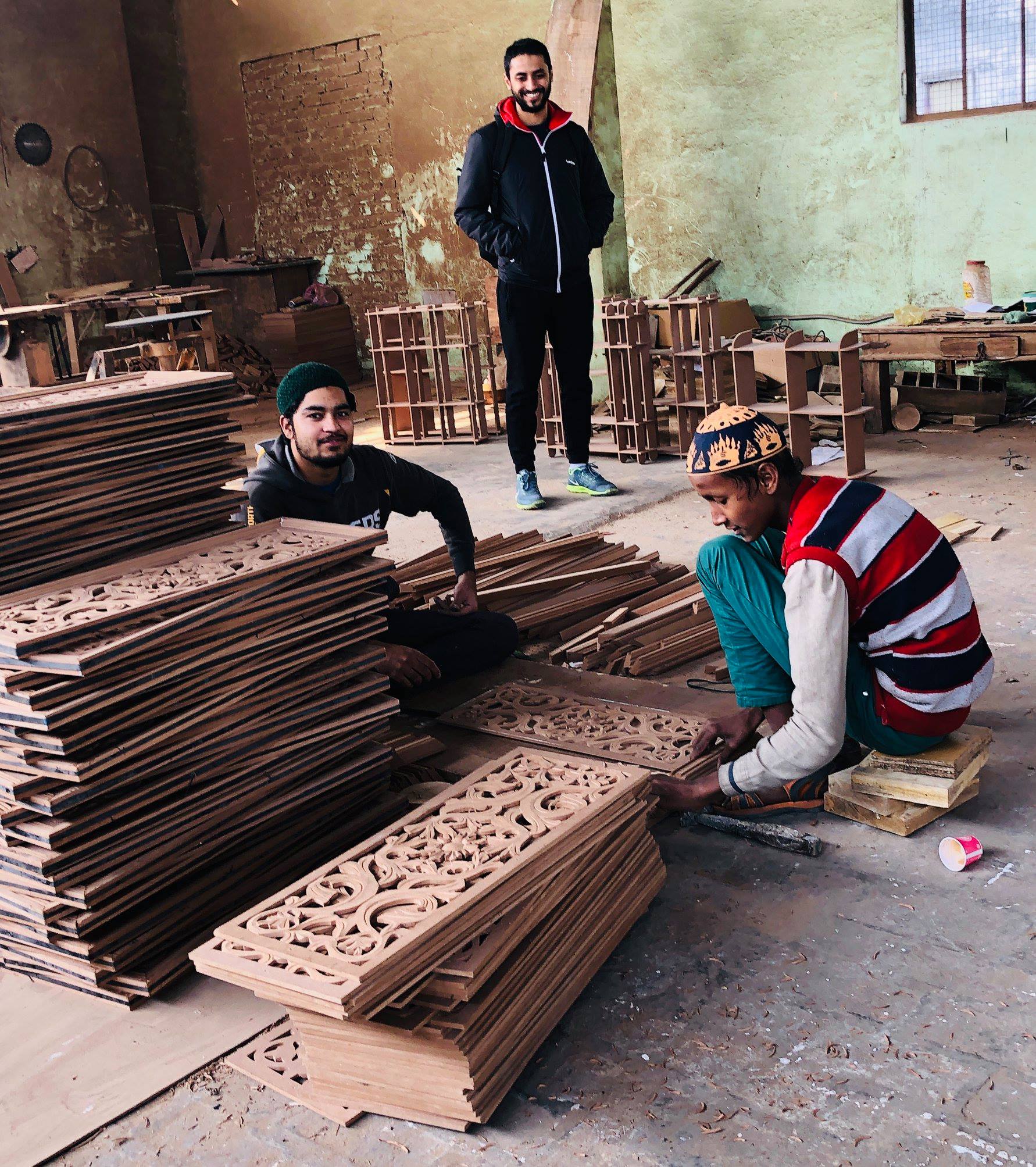 IndieRoots artisans at work[/caption]
IndieRoots artisans at work[/caption]
She did her schooling at St John's School, Varanasi, and an undergraduate degree in Chemistry with Honours from the Banaras Hindu University. During her academic years, Neena aimed to become a doctor due to the limited options typically presented in Indian households at that time – either medical or engineering. “However, I couldn't clear the pre-medical test, which turned out to be a fortunate turn of events in retrospect. I swiftly redirected my focus towards something I was passionate about – fashion and apparel,” informs the entrepreneur, whose professional journey began with India’s largest retail chain, Weekender.
Moving to the Silicon Valley
Before she kicked off her brands, Neena was crushing it as a fierce and outspoken marketing executive in Silicon Valley. While doing an MBA programme with a marketing major at Santa Clara University's Leavey School of Business, she got an internship at Adobe Systems during her first summer break in 2007.
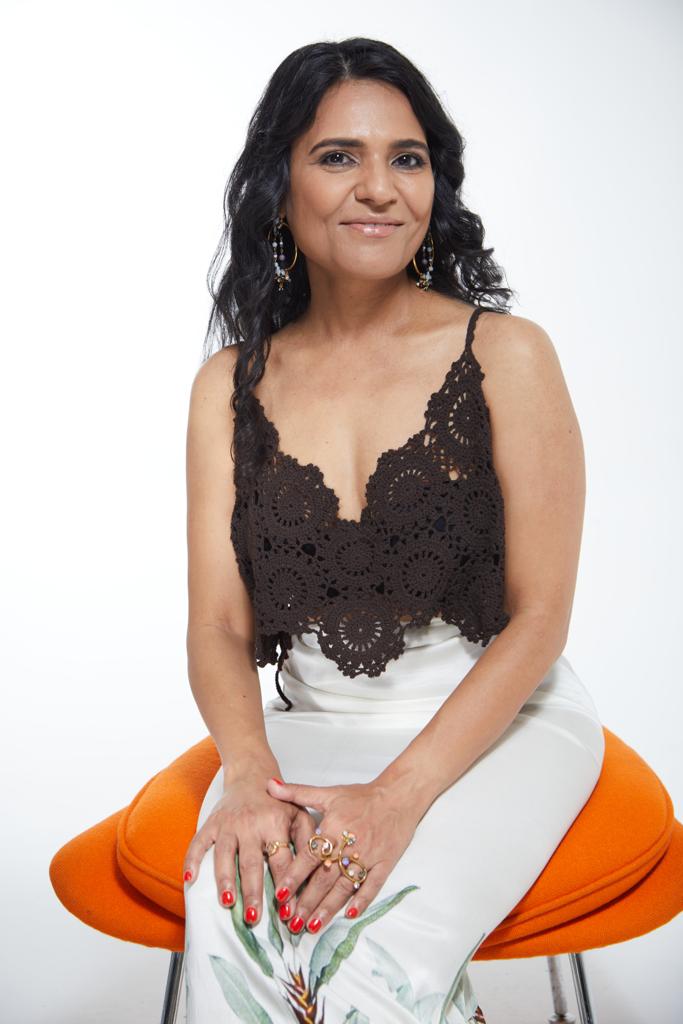
“Adobe asked me to stick around part-time while I finished my programme. I took it up,” informs Neena, who later got an offer from Sun Microsystems, a big player back then and the brain behind Java. They offered her the chance to be the first product marketing manager for Open Solaris, their open-source operating system. Neena had a blast wearing her creative marketing hat– instituting innovative GTM plans to target students and the developer community worldwide. “We ended up exceeding targets by 106%, a full year sooner than projected,” says the former corporate honcho. Later, when Oracle acquired Sun Microsystems, she moved there and worked for two years. She was the ambassador for their cohesive hardware-software messaging. “I also proposed a product idea that became a star product offering later.”
From there, Zyme Solutions came knocking and the entrepreneur was leading the marketing squad for something groundbreaking — channel data management, which was all about giving retailers the tech tools to conquer the retail scene. “We ended up launching the product internationally, making a difference in the lives of retailers, says Neena, who earlier did her Masters in Garment manufacturing technology from NIFT, Delhi.
A leader at heart
She had her fair share of victories at the Silicon Valley but deep down, she had this constant itch to venture into entrepreneurship. Eventually, Neena recognised that entrepreneurship was her calling. “I am the first person in my family to go on an entrepreneurship route. Obviously, my family members were scared when I left my promising career in corporate,” the entrepreneur says. Despite the uncertainty, she ventured into this new journey, acknowledging that success wouldn't be immediate.
[caption id="attachment_44810" align="aligncenter" width="624"]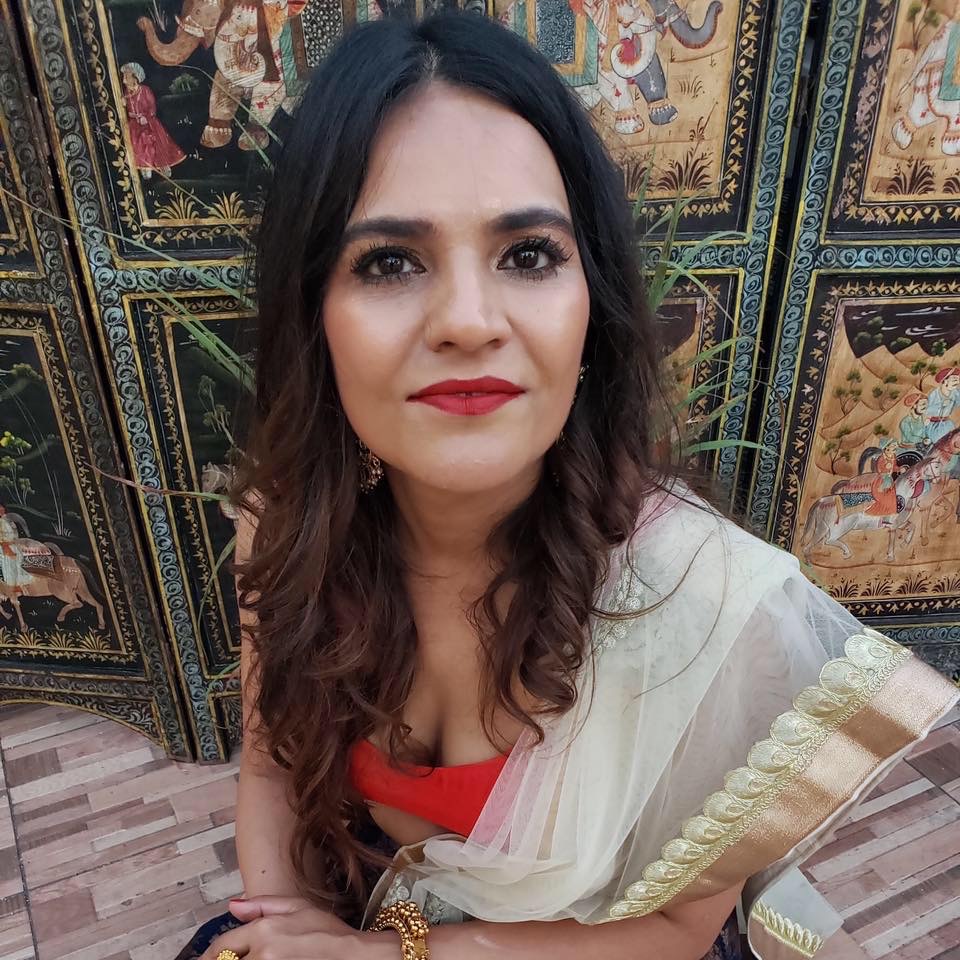 Entrepreneur Neena Pandey[/caption]
Entrepreneur Neena Pandey[/caption]
With technology revolutionising fashion retail by reshaping e-commerce and marketing becoming hyper-personalised through data-driven insights and augmented reality, Neena says her tech wins combined with her deep dive into the fashion-retail world have her primed to shape a future all about connections and doing right by the planet.
Neena is also a featured author and contributor for Forbes. “Forbes values my opinion in various polls and publications. Being a part of this, I also get to tap into the vast knowledge pool of accomplished business leaders from all corners of the globe,” the entrepreneur says. As a proud member of the Council, Neena is unlocking a bunch of exclusive opportunities that are tailored to elevate her professional influence to new heights. “I'm connecting and collaborating with other esteemed local leaders in our own private space and at members-only events.”
[caption id="attachment_44821" align="aligncenter" width="601"]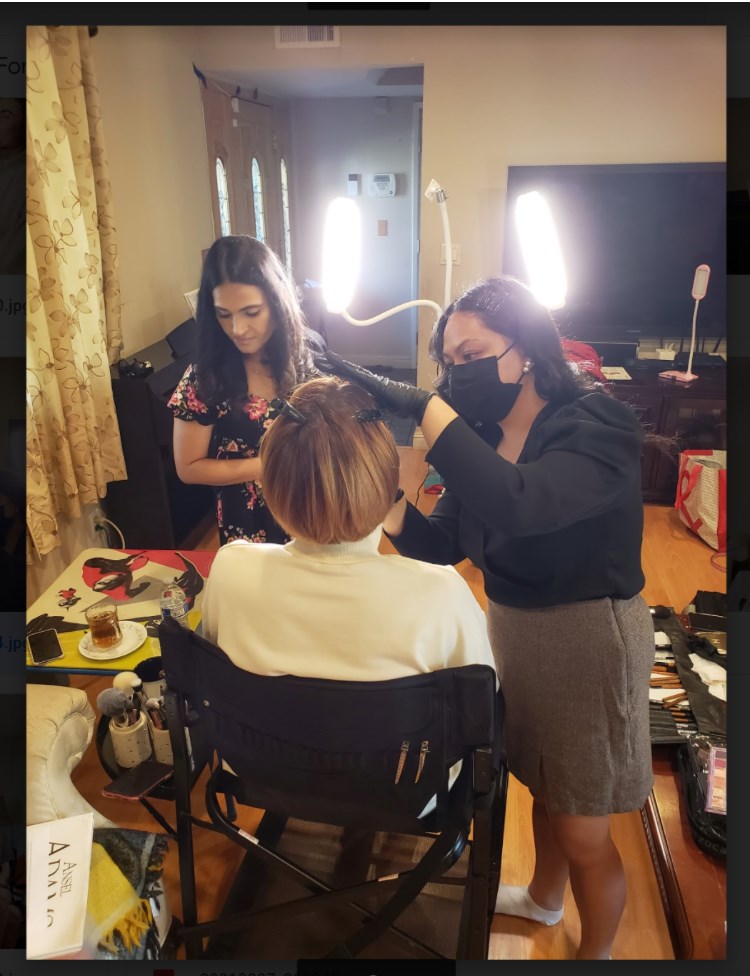 Neena during the photoshoot for The String Code[/caption]
Neena during the photoshoot for The String Code[/caption]
In the midst of this whirlwind, she carves out time for her own well-being. “I hit the gym at 5 in the morning or squeeze in a late-night swim at 10 p.m. Her workout routine covers a wide spectrum – from weightlifting and intense body combat sessions (a fusion of martial arts and kickboxing) to Pilates, high-intensity interval training (HIIT), and swimming. “I have incorporated meditation into my daily routine.”
The String Code
The String Code is not just a brand – it's a movement rooted in women's empowerment and manifestation of inspiring ideas and concepts, says Neena. “Our designs cater to diverse sizes and silhouettes, making sure every body type feels confident and comfortable in String Code outfits,” informs the serial entrepreneur, who is the start-up mentor at The Centre for Global Enterprise, New York.
[caption id="attachment_44819" align="aligncenter" width="669"] A collection from The String Code[/caption]
A collection from The String Code[/caption]
Launched in July 2021, The String Code is her way of connecting with women across the spectrum. “I have woven my enduring confidence and passion into every string, every thread, and every distinct look meticulously designed for String Code,” says the entrepreneur, whose clothing brand adheres to the United Nations development goals. “The clothing is made in small batches using natural fibers, upcycled fabric, and environmentally conscious business practices when possible.”
Each piece she designs meticulously balances traditional elegance with modern sophistication. “My fashion brand is a canvas where the colors of my Indian upbringing merge with the strokes of contemporary international influences. I offer a collection that resonates with individuals regardless of their cultural background.”
IndieRoots
Collaborating with 60 artisan collectives across India and Southeast Asia, Indieroots is a lifestyle brand offering a range of products. “Its essence lies in bridging the gap between artisans and the global community by establishing a sustainable international market for talented creators. It fosters a spirit of entrepreneurship.”
[caption id="attachment_44816" align="aligncenter" width="701"]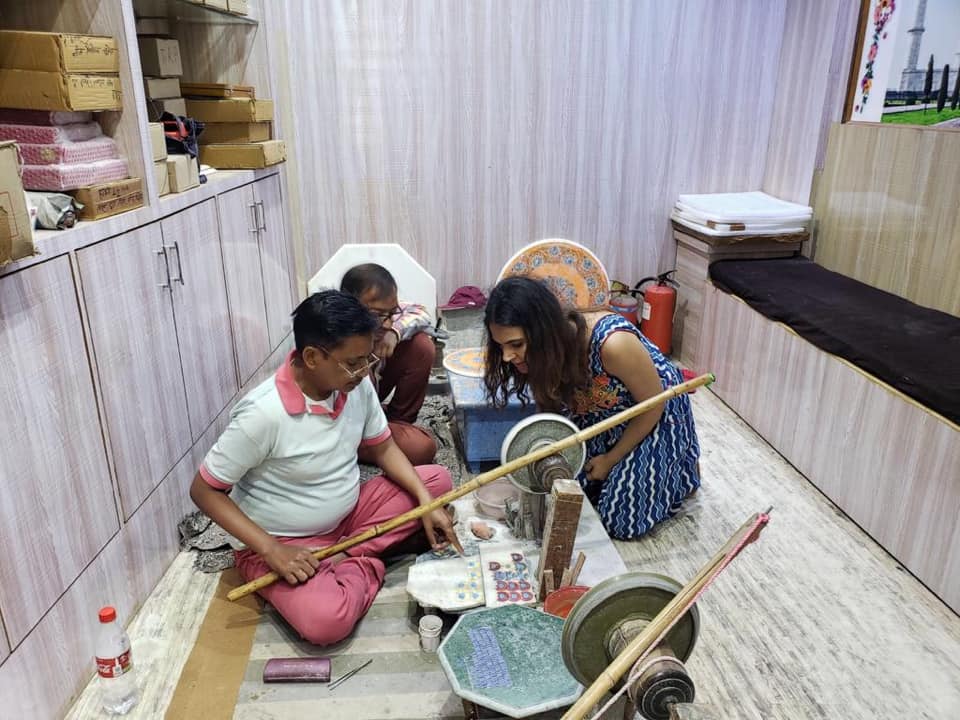 Neena with some of the artisans of IndieRoots[/caption]
Neena with some of the artisans of IndieRoots[/caption]
Describing IndieRoots - which was established in 2018 - as a profound calling that resonates with her passion for handicraft and home decor, Neena says every piece that finds its way into the homes of her customers narrates a story of artisan traditions kept alive by craftsmen from various corners of the world. She partners with over 60 artisan groups across India. “We've expanded our horizons to include collaboration with other Southeast Asian countries as well,” informs the entrepreneur, who is the executive member of the International LEAP network.
A book worm
Books are Neena’s getaway. The eclectic reader dives into Historical fiction, fiction, and mystery. “Lately, though, I have been drawn to non-fiction. There's something about inspirational, self-help, and spiritual books that just resonates with me,” says the entrepreneur. When it comes to music, she says it's woven into her family's fabric. “My children are passionate singers. Karaoke evenings and backyard jam sessions are pretty much standard fare at our house.”
TV shows? “I've had those nights where I've binged-watch till the wee hours, even when there's a business meeting waiting for me in the morning!” says the entrepreneur, whose favourites span a range of genres, from gripping thrillers and suspenseful espionage tales to comedy. And, when it's time to unwind, Neena finds solace in a good glass of wine.

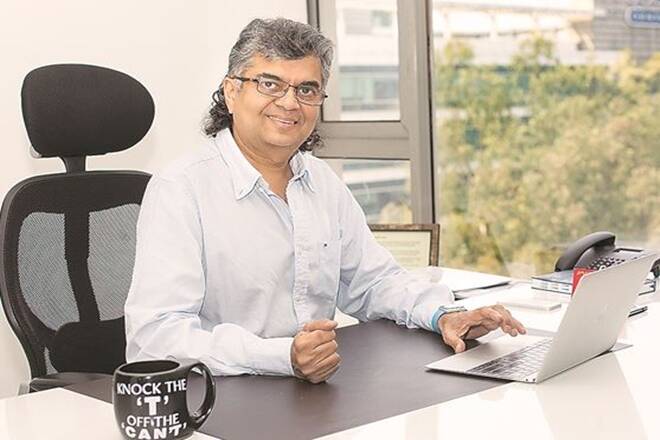

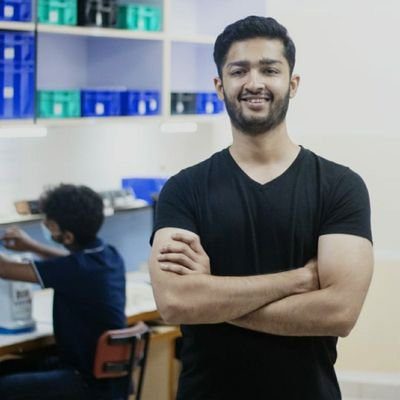

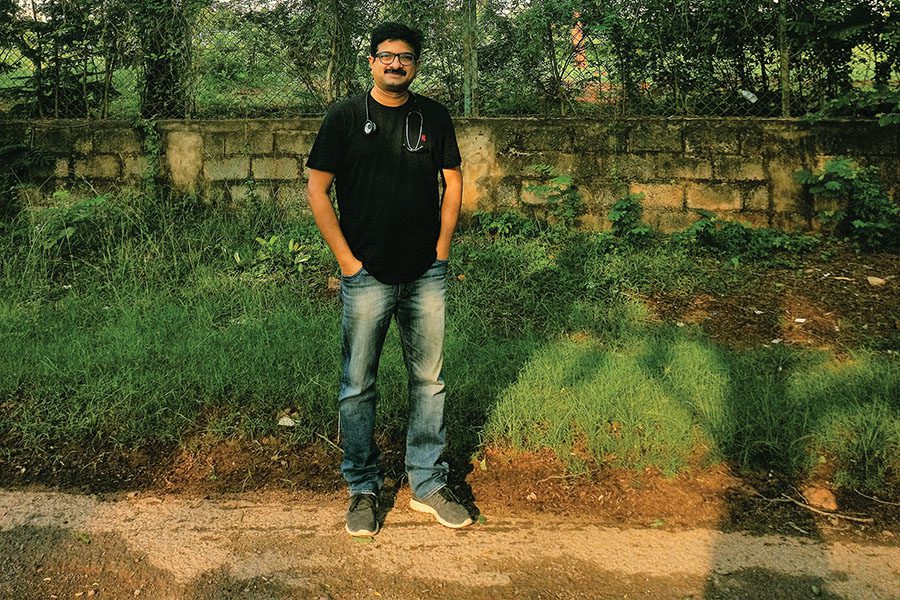

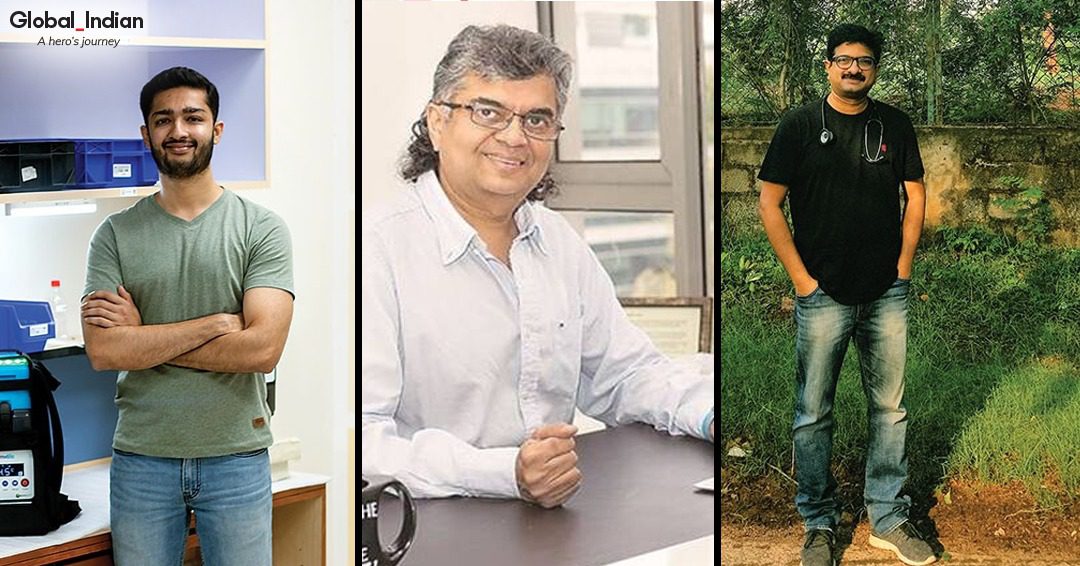

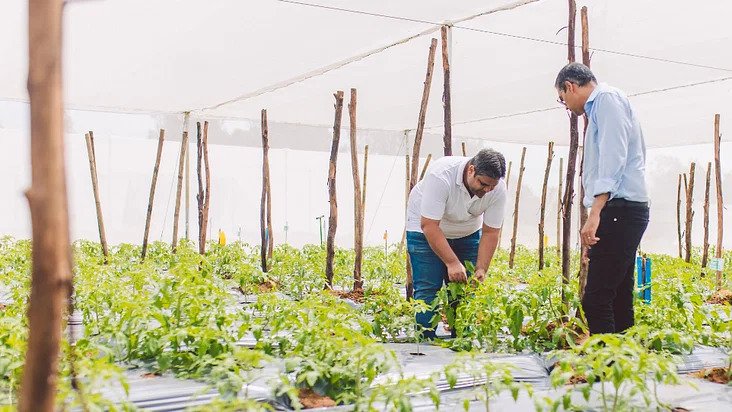 Greenhouse-in-a-box[/caption]
Greenhouse-in-a-box[/caption]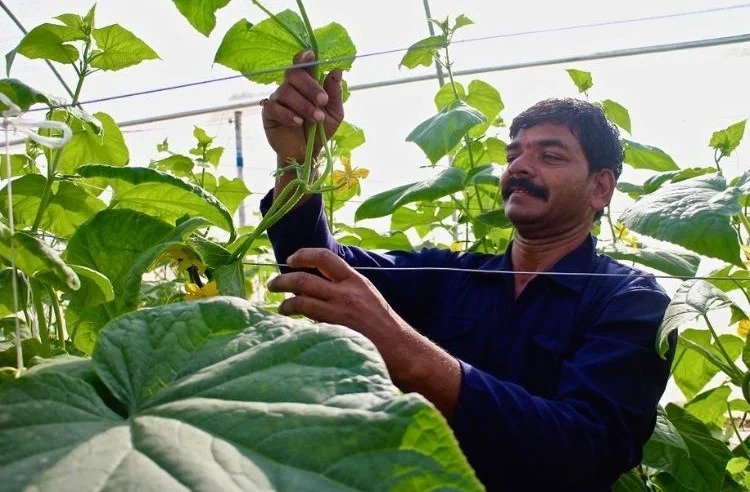

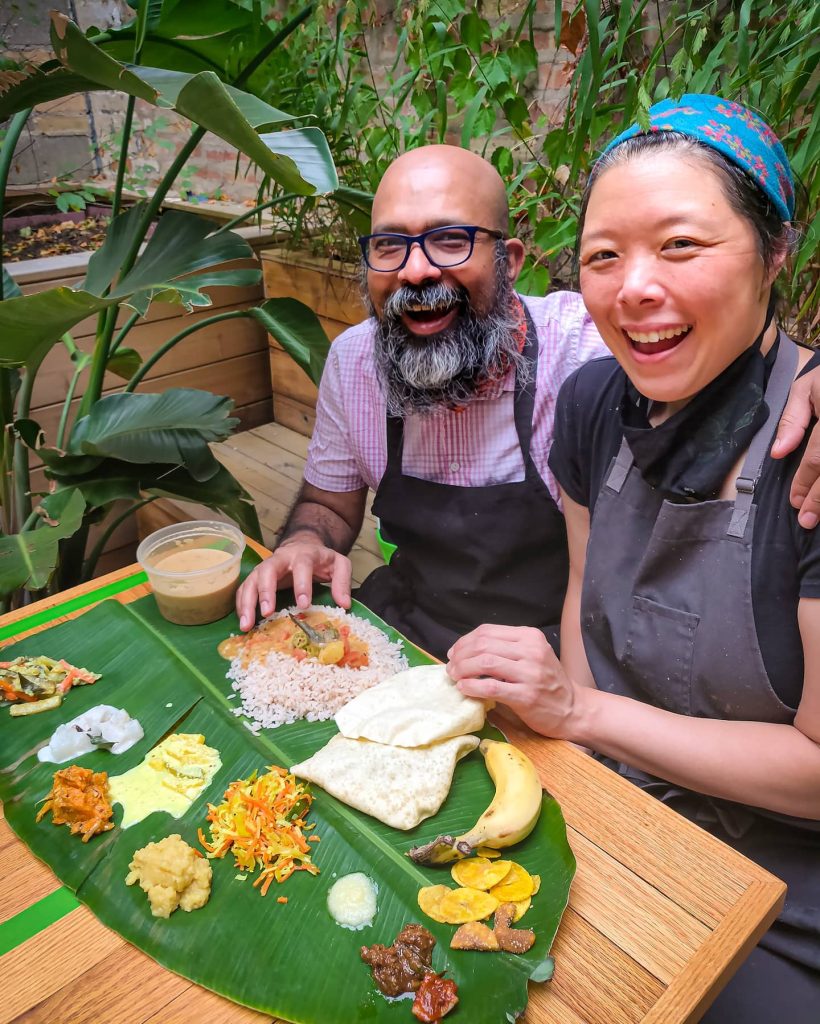 Vinod and Margaret | Photo Credit: Thattu[/caption]
Vinod and Margaret | Photo Credit: Thattu[/caption]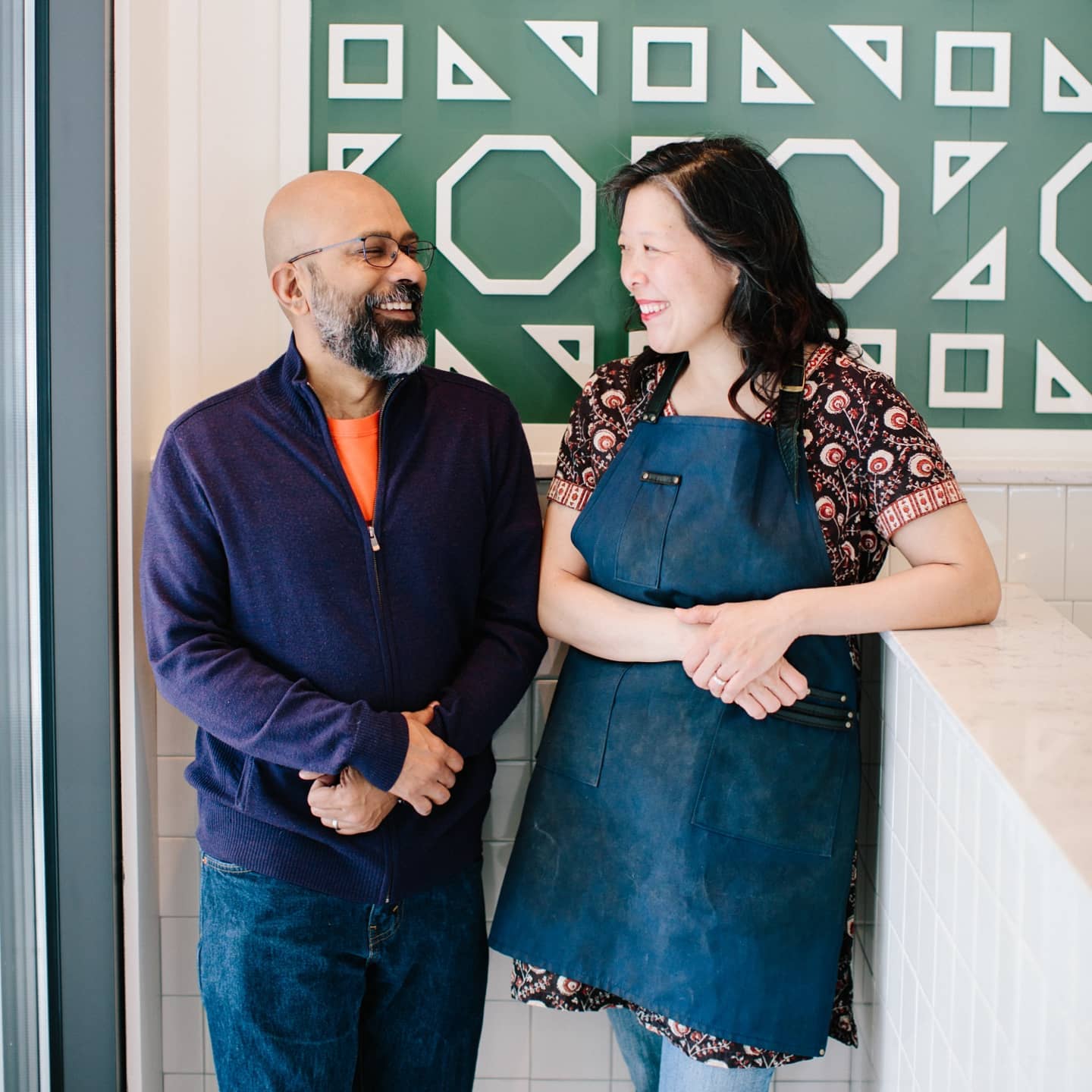 Vinod and Margaret | Photo Credit: Thattu[/caption]
Vinod and Margaret | Photo Credit: Thattu[/caption] Onam Sadya at Thattu | Photo Credit: Thattu[/caption]
Onam Sadya at Thattu | Photo Credit: Thattu[/caption] The Thattu Team | Photo Credit: Thattu[/caption]
The Thattu Team | Photo Credit: Thattu[/caption]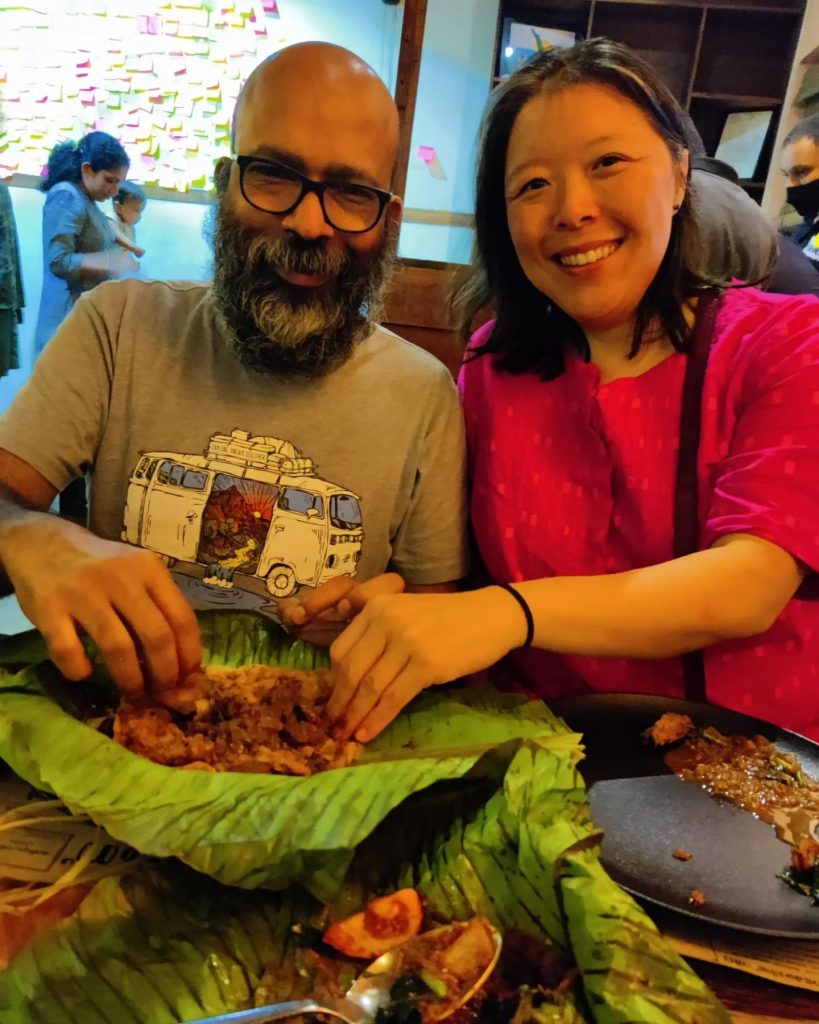 Vinod and Margaret[/caption]
Vinod and Margaret[/caption]
 Entrepreneur Neena Pandey[/caption]
Entrepreneur Neena Pandey[/caption] IndieRoots artisans at work[/caption]
IndieRoots artisans at work[/caption]
 Entrepreneur Neena Pandey[/caption]
Entrepreneur Neena Pandey[/caption] Neena during the photoshoot for The String Code[/caption]
Neena during the photoshoot for The String Code[/caption] A collection from The String Code[/caption]
A collection from The String Code[/caption] Neena with some of the artisans of IndieRoots[/caption]
Neena with some of the artisans of IndieRoots[/caption]
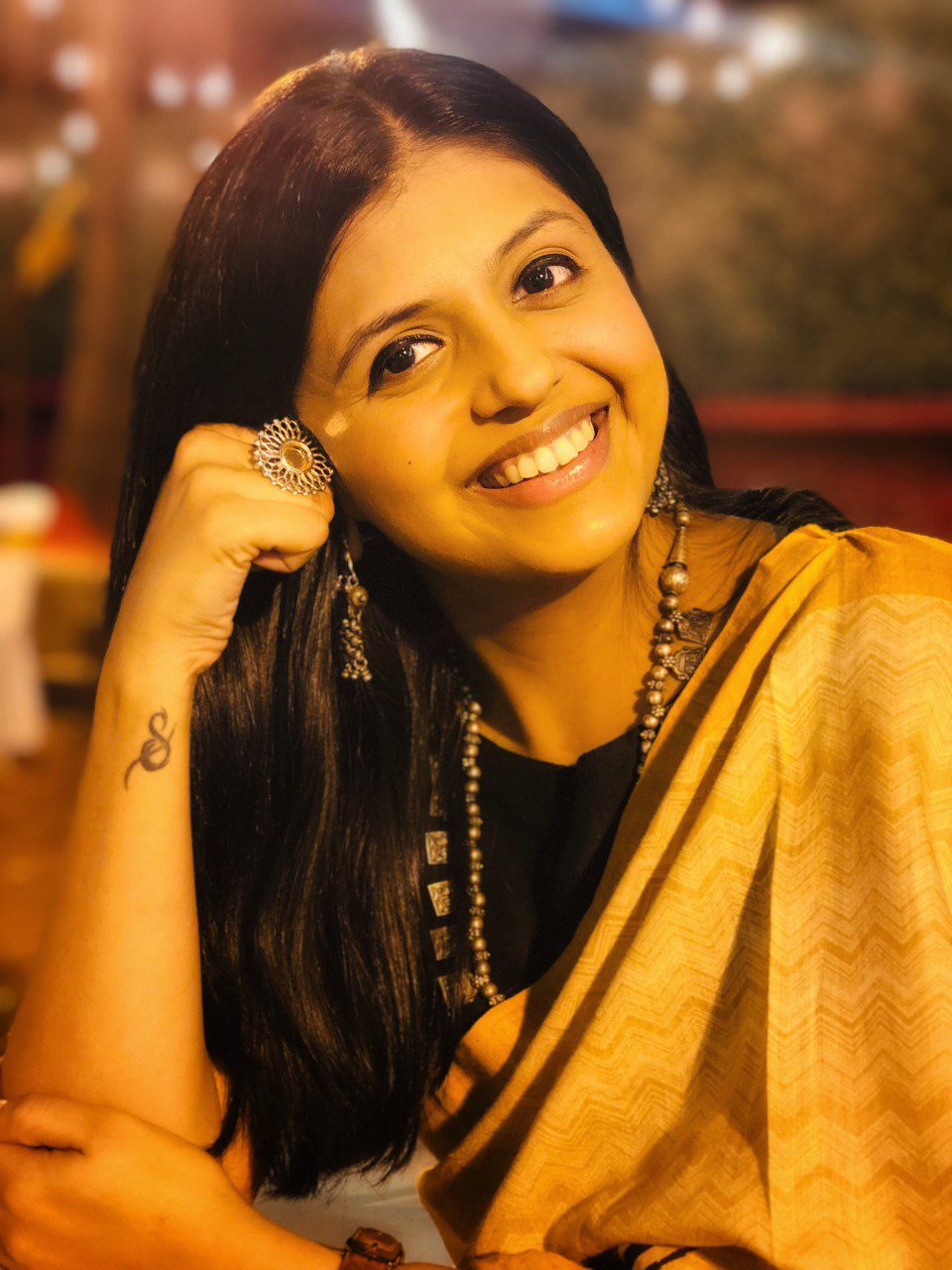 Upasana Makati, founder and publisher, White Print[/caption]
Upasana Makati, founder and publisher, White Print[/caption]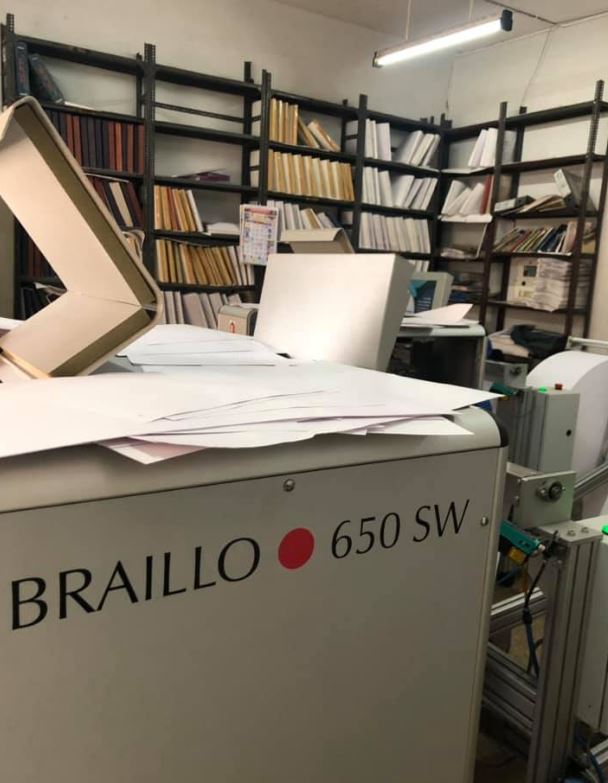 Braillo 650W at NAB. In the background, there are numerous Braille books stacked and arranged[/caption]
Braillo 650W at NAB. In the background, there are numerous Braille books stacked and arranged[/caption]